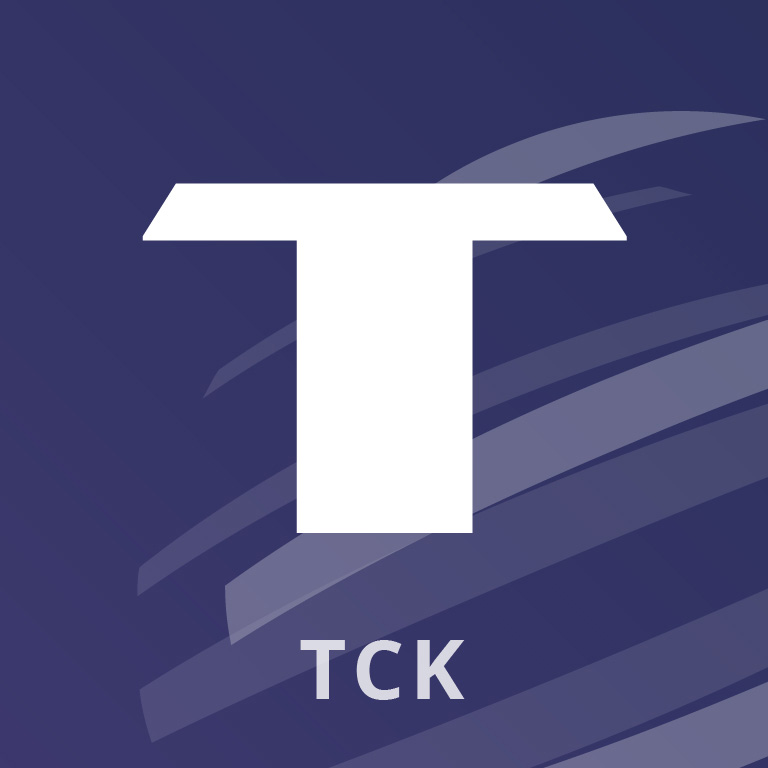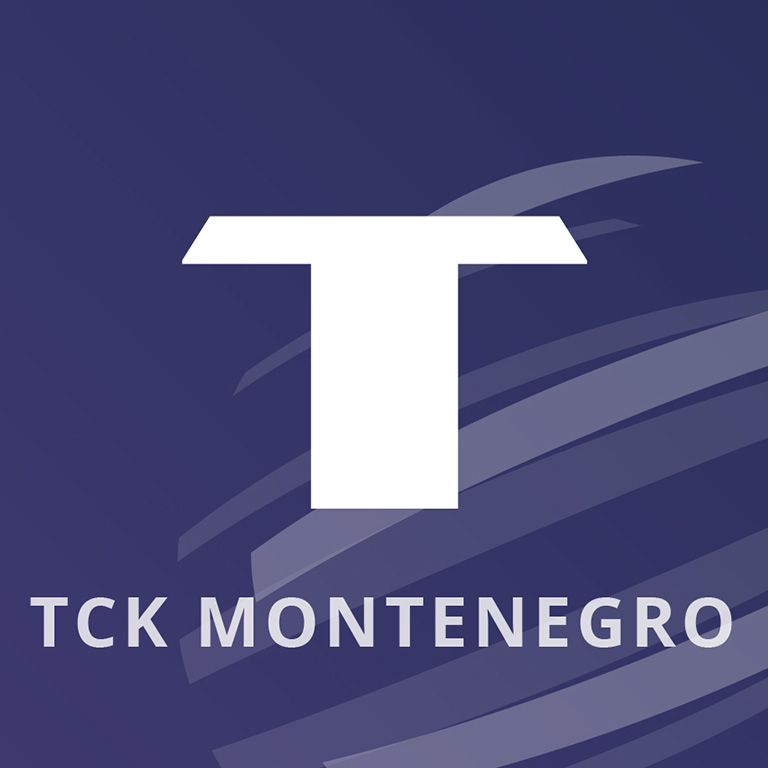Glossary
Notes for the Standard, Guidance, and Terms
Most terms related to the Value Creation Core Indicators were adopted from the following document: Guidance on Core Indicators for Sustainability and SDG Impact Reporting (in short: UNCTAD Guidance, 2022), and incorporated under TITAN standards. Relevant terms are defined in this Report and relate to key indicators within ESG Performance Statements. Detailed data concerning the value chain are presented in sections: “How We Create Value”, “ESG Performance Review” and “ESG Performance Statements”.
Investments in training of direct employees
Total expenditures including the direct and indirect costs of training for our employees (including costs such as trainers’ fees, training facilities, training equipment, related travel costs etc.) reported also per employee and per year, and broken down by employee category (UNCTAD Guidance, 2022). TCK discloses the respective figures in detail in Table 2 of the ESG Performance Statements.
Investments in environmental protection
Total amount of expenditures (capital and operational) for those investments whose primary purpose is the prevention, reduction and elimination of pollution and other forms of degradation to the environment (UNCTAD Guidance, 2022). TCK discloses the respective figures in detail in Table 3 of the ESG Performance Statements (KPI: “Environmental expenditures across all activities”).
Local Spend (%)
The ratio of spend to local suppliers over the spend to all suppliers, as a percentage. Costs of local procurement are a general indicator of the extent of an entity’s linkages with the local economy (UNCTAD Guidance, 2022). By local suppliers we mean suppliers who have a registered legal entity within the Republic of Serbia, for the purposes of collaboration with TITAN Cementara Kosjerić, and in Montenegro, if they have a business relationship with TCK Montenegro. TCK discloses the respective figure in Table 4 of the ESG Performance Statements.
Social investment (in cash and in kind) for community initiatives and Donations
“Social investment” as total expenditures incurred in cash and in kind, and investments of funds (both capital expenditures and operating ones) for TCK community initiatives. See Table 3.2 related to Community Engagement Plans for details. Target beneficiaries were stakeholders in the broader communities, while TITAN employees from local communities were included as beneficiaries of specific initiatives for community engagement. Also, with reference to Table 3.2 the amount of “Donations” is reported as equivalent to charitable/voluntary donations and investments of funds (the approach is in line with the UNCTAD Guidance, 2022).
Participants of Community Engagement Plans
“Participants” are persons who had active involvement (engagement) in the initiatives for Community Engagement, and the figure includes the sum of the number of persons of two sub-categories: (a) Direct Employees who volunteered, or/and had active role because of their position/role in the TCK, and (b) Partners (Local Authorities, Specialists e.g., Academia or other Experts, NGOs, Suppliers and Contractors, and possibly also Customers etc.).
Capital Expenditures
Capital expenditures, commonly known as CapEx, are funds used by a company to acquire, upgrade, and maintain physical assets such as property, buildings, an industrial plant, technology, or equipment.
Earnings Before Interest, Taxes, Depreciation and Amortization (EBITDA)
Profit before tax, financial income and depreciation and amortization. EBITDA corresponds to operating profit plus depreciation, amortization, bank charges, impairment of tangible and intangible assets, other income and positive effects of changes in accounting policies and correction of errors from previous years and minus other expenses and negative effects of changes in accounting policies and correction of errors from previous years.
Net Profit after Tax (NPAT)
Net Profit is defined as profit after tax attributable to equity holders of the parent.
Sustainable Development Goals (SDGs)
The Sustainable Development Goals are a collection of 17 global goals designed to be a “blueprint to achieve a better and more sustainable future for all”. The SDGs, set in 2015 by the United Nations General Assembly are intended to be achieved by the year 2030. The SDGs are part of UN Resolution 70/1, the 2030 Agenda.
United Nations Conference on Trade and Development (UNCTAD)
The United Nations Conference on Trade and Development is a United Nations body responsible for dealing with economic and sustainable development issues with a focus on trade, finance, investment and technology. In particular, they support developing countries to participate equitably in the global economy.
United Nations Global Compact Initiative (UNGC)
The United Nations Global Compact is a voluntary initiative based on CEO commitments to implement universal sustainability principles (“Ten Principles”) and to take steps to support UN goals. The “Ten Principles” are derived from the Universal Declaration of Human Rights, the International Labor Organization and the United Nations Convention Against Corruption.
International Integrated Reporting Council (IIRC)
The International Integrated Reporting Council is a global coalition of regulators, investors, companies, accounting bodies, and representatives of academia and the non-government sector. The coalition promotes communication about value creation as the next step in the evolution of corporate reporting.






